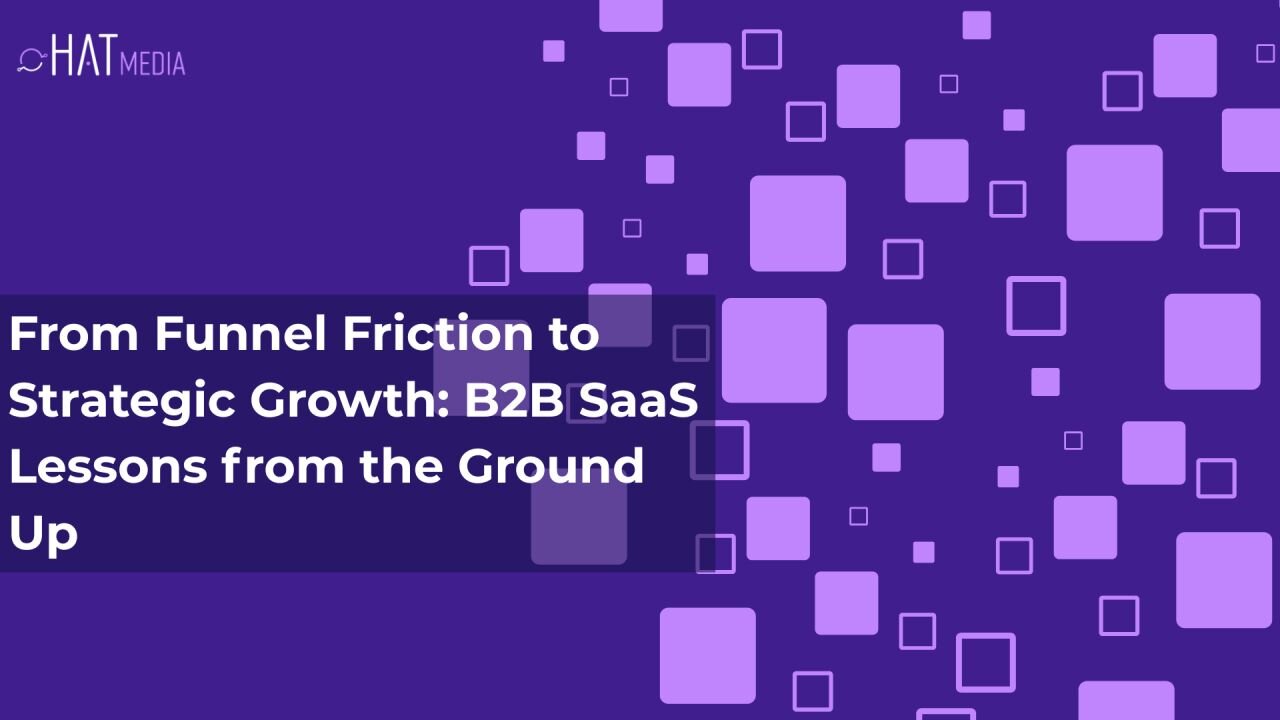Bridging Theory and Practice: Successful B2B Marketing in Tech and SaaS

Bridging Theory and Practice: Successful B2B Marketing in Tech and SaaS.
In the competitive realm of technology and Software as a Service (SaaS), standing out requires more than just innovative products—it demands a B2B marketing strategy that's both empirically sound and creatively executed.
Leading companies in this space excel by intertwining customer-centric practices with insights validated by academic research.
Here's an in-depth look at their strategies, bolstered by studies that underscore their effectiveness.
Understanding Customer Needs and Pain Points
Successful tech and SaaS companies, like Slack, excel by positioning their products as solutions to their customers' problems, rather than focusing on features alone.
Slack transformed workplace communication by positioning itself as the solution to disjointed team communication.
Their marketing focuses on the benefits of streamlined conversations, integration with other tools, and how it leads to more productive teams.
This approach is backed by Homburg and Kuehnl’s (2014) study in the Journal of Marketing, which emphasises the importance of customer-centricity in achieving higher satisfaction and loyalty.
Creating Valuable and Educational Content
HubSpot has mastered the art of content marketing, offering an extensive array of resources, including blogs, eBooks, and webinars, that cover every aspect of inbound marketing and sales.
This strategy not only attracts leads but also educates them, moving them down the sales funnel.
HubSpot’s mastery in content marketing, offering an array of resources from blogs to webinars, is a testament to the power of educational content in the B2B realm.
Holliman and Rowley (2014) support this approach in their Industrial Marketing Management research, highlighting how educational content fosters trust and purchase intentions.
Showcasing Success Through Customer Testimonials and Case Studies
Salesforce's extensive library of customer success stories demonstrates the adaptability and effectiveness of their CRM solutions across different industries, reinforcing their market leadership.
Salesforce’s use of customer success stories to demonstrate the versatility and effectiveness of its CRM solutions mirrors findings from Villanueva, Yoo, and Hanssens (2008) in the Journal of Business & Industrial Marketing.
Their research underscores the influence of social proof on B2B purchasing decisions.
Embracing Data-Driven Marketing
Adobe uses its analytics tools to create personalised customer experiences.
By understanding user behaviour, Adobe can target potential customers with customized content, increasing engagement and conversion rates.
Adobe's personalised marketing efforts, powered by analytics and AI, align with Wedel and Kannan’s (2016) findings in the Journal of Marketing Analytics.
Their study reveals that data-driven strategies enhance customer engagement and conversion rates, demonstrating the importance of personalisation in B2B marketing.
Building and Nurturing a Community
Atlassian has fostered a strong community of users who are passionate about their products.
Through forums, user conferences, and extensive online resources, they encourage collaboration and feedback, enhancing product loyalty.
Atlassian’s community-building efforts highlight the value of engaging users beyond the product.
This strategy is echoed in research by McAlexander, Schouten, and Koenig (2002) in the European Journal of Marketing, which shows that communities not only foster loyalty but also facilitate feedback that can improve product and marketing strategies.
Providing a Seamless Trial Experience
Prior to its exponential growth, Zoom focused on ensuring its free trial showcased the platform's ease of use and superior performance.
A simple sign-up process and immediate value demonstration were key to converting trial users into long-term customers.
Zoom’s focus on a frictionless trial experience to showcase its platform’s capabilities is a critical move in converting prospects.
This strategy is validated by Yang et al.’s (2020) study in the International Journal of Information Management, which identifies ease of use and immediate value as key determinants in trial-to-subscription conversions.
Bridging Theory with Practice
These examples and studies offer a dual perspective on why certain B2B marketing strategies excel.
Leading tech and SaaS companies don’t just follow best practices in a vacuum; they apply approaches that are empirically proven to be effective.
From understanding customer needs and creating valuable content to leveraging success stories, embracing data-driven personalisation, building communities, and optimising trial experiences, these strategies are both practical and academically sound.
Conclusion
The synergy between academic insights and real-world applications provides a robust framework for B2B marketing success in the tech and SaaS sectors.
By grounding marketing strategies in research and complementing them with creative execution, companies can build meaningful connections, drive engagement, and foster long-term loyalty.
As the B2B landscape evolves, this blend of theory and practice will continue to guide marketers toward strategies that not only capture attention but also deliver genuine value, ensuring their offerings stand out in a crowded marketplace.

